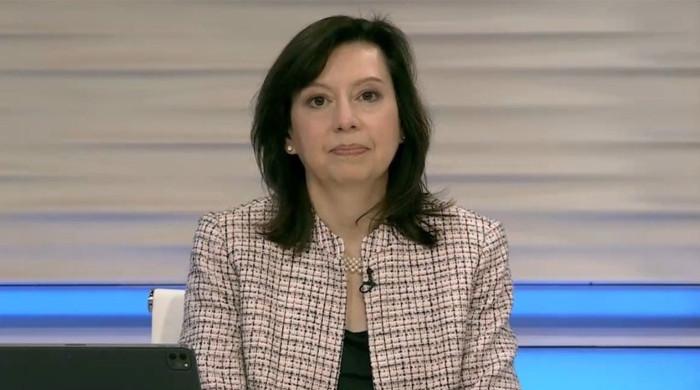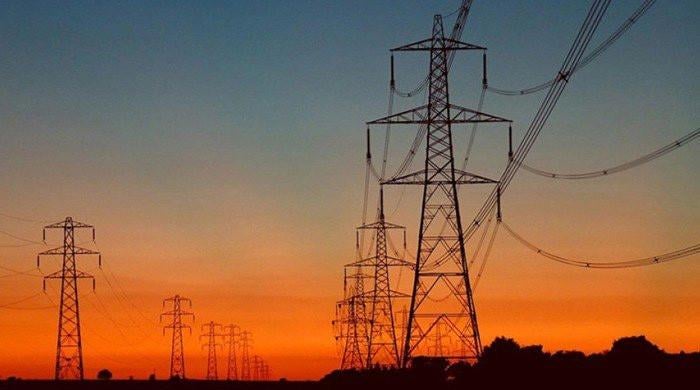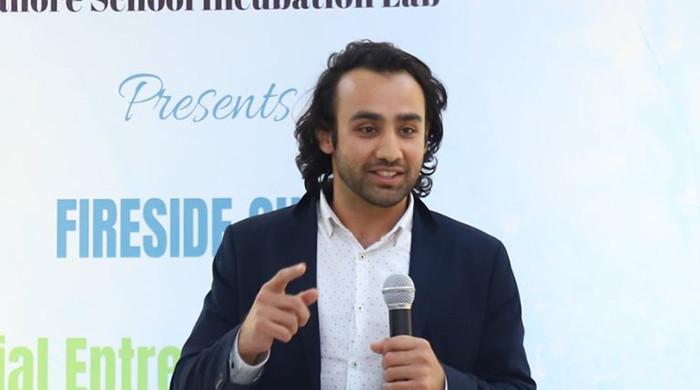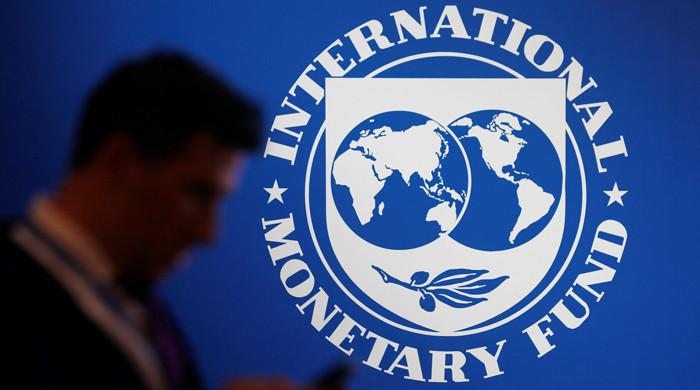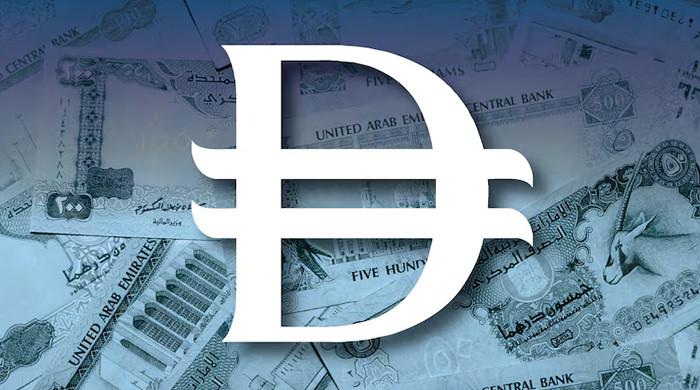IMF official confirms financing assurances to Pakistan by friendly nations
UAE, China and Saudi Arabia have provided significant financing assurances, says IMF Pakistan mission chief
September 27, 2024
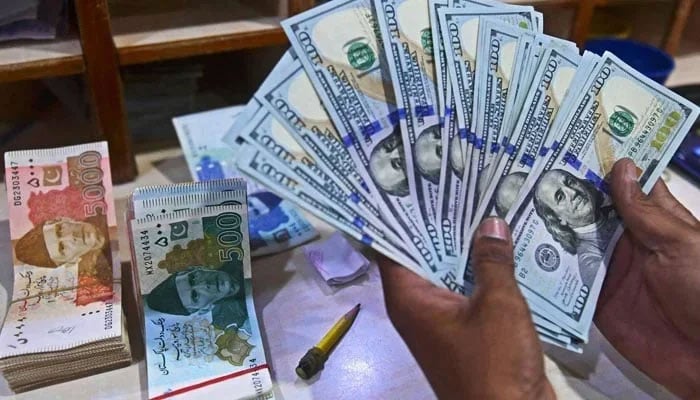
- Nathan Porter underscores "remarkable" economic turnaround.
- "What we've seen is benefits of undertaking good policies," he says.
- IMF official stresses sustained growth via increase in tax revenue.
WASHINGTON: After the International Monetary Fund's (IMF) Executive Board approved of a new bailout package for Pakistan, an official of the Washington-based lender has confirmed that the country has also secured financing assurances from friendly nations, The News reported on Friday.
According to the IMF Pakistan Mission Chief Nathan Porter, China, Saudi Arabia and the United Arab Emirates have given "significant financing assurances" to Islamabad linked to the country's $7 billion Extended Fund Facility (EFF).
The financial assurances by the countries go beyond the agreement to roll over $12 billion in bilateral loans owed to these countries, added the official.
"I won't go into the specifics, but UAE, China and the Kingdom of Saudi Arabia all provided significant financing assurances joined up in this programme," Porter told reporters virtually.
The IMF official's statement echoes the remarks made by Finance Minister Muhammad Aurangzeb last month wherein he claimed that the aforementioned countries had confirmed the rollover for three years with renewal to take place every year.
The IMF’s Executive Board on Wednesday approved a new $7 billion, 37-month loan agreement for Pakistan that requires “sound policies and reforms” to strengthen macroeconomic stability. The approval releases an immediate $1 billion disbursement to Islamabad.
The crisis-wracked South Asian country has had 22 previous IMF bailout programmes since 1958.
Porter said the country has staged a "really remarkable" economic turnaround since mid-2023, with inflation down dramatically, stable exchange rates and foreign reserves that have more than doubled.
"So what we’ve seen is the benefits of undertaking good policies," said Porter, adding that the challenge now was to build stronger and sustained growth by keeping monetary, fiscal and exchange rate policy consistent, raising more taxes and improving public spending.
Last year, Pakistan achieved its first primary budget surplus in 20 years, and the programme calls for growing that to 2% of gross domestic product (GDP). Porter said it depends in part on reforms to improve collections from under-taxed sectors such as retailers.
The next review of the loan would likely take place in March or April of 2025, based on end-2024 performance criteria, said the IMF's Pakistan mission chief.








